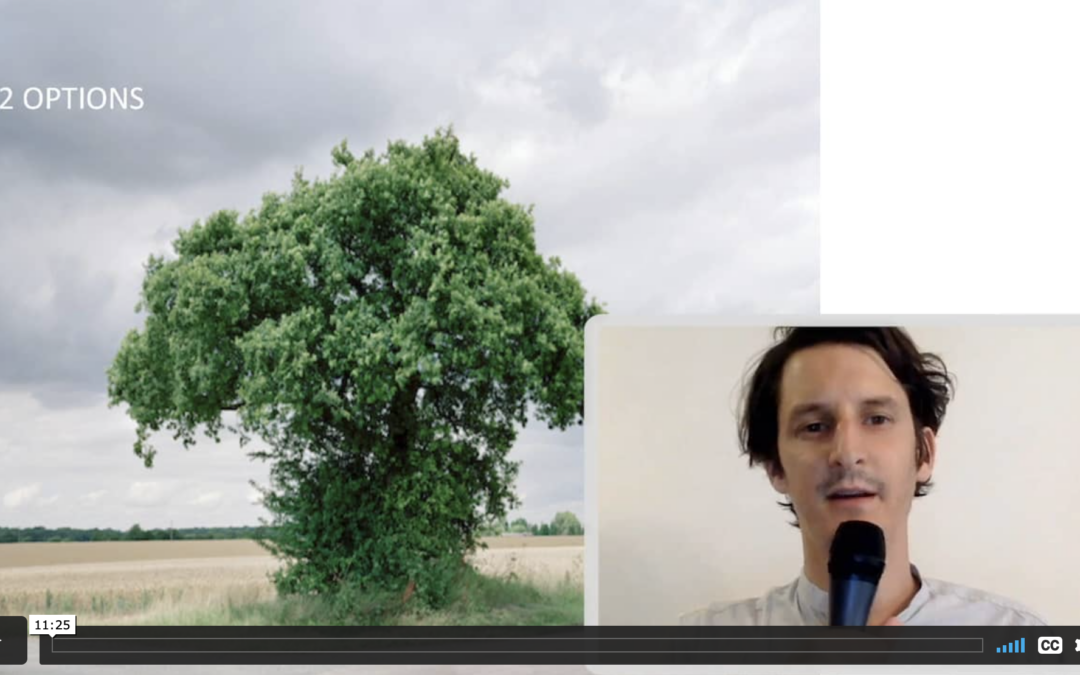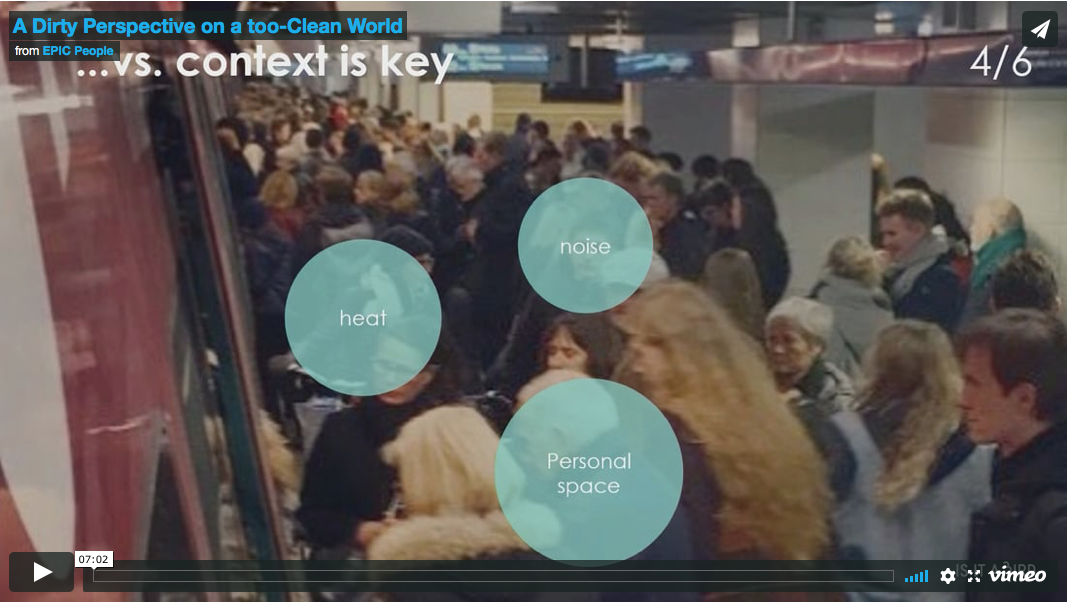This paper reports on the efforts of a global IT services company to transform the way it delivers IT outsourcing services. The change initiative was designed to bring about a radical transformation in the how work gets done across the enterprise with the expected benefit of delivering greater...




